Do You Have Your Affairs in Order? Here's a Financial Checklist for the New Year
NEW Year resolutions are made, and as we all know, often swiftly broken.
Why do we make them if we know we will set them aside so quickly? Usually, because they are unrealistic and require too much commitment to change too quickly.
So, if you want to succeed start small and incrementally and your resolutions are far more likely to stick – or if you do break them, find that they are fixable again.
And one great place to start that many of us promise we will do but never seem to get around to is look after our financial affairs.
Yet this one topic above so much else is the key to helping us meet our dream and aspirations for ourselves and our families.
So where can we begin to create a New Year Resolution, and habit we want to keep for the next 12 months and years to come?
First, begin with a budget. Track your monthly expenses – what are you spending your money on and why? Which expenditures are necessary like rent or utilities, and which are discretionary like meals out and cinema trips? Which are a bit of both – food is obviously necessary but are you a brand name only shopper or store generic?
Are you spending more than you bring in? In which case cuts must be made. Not pleasant but a necessary decision. Do you need the full sports package on cable? Do you need the latest smartphone, or will your handset last another year? Do you need to change the car this year?
Once you have got expenses less than the income you can turn to the next key component – saving. We all need rainy day funds as a minimum against an emergency like a basement flood or sudden car repairs or a medical bill, but we also need to be looking for long term savings to get us through our golden years in retirement.
A key starting point is to maximize what is already on the table for you – always take the free money. If your employer has any form of 401(k) savings scheme with a match – take it to at least the maximum they are offering. It is “use or lose it”. You cannot get that money any other way than saving – it is a dollar-for-dollar match. Do not waste it.
Need help? There are dozens of financial budgeting tools available online, many of which are free. Increasingly, your bank will offer a review automatically in their apps as they can automatically track your spending for you. Nearly every financial advisor will be delighted to sit down with you – often for free – to help examine this key part of the financial jigsaw.
Set up an emergency fund and set a target for how big it should be by the end of the year – and then pay into it. You will find what seems like an impossible task early on becomes empowering as you finally see the numbers in your account rising with every passing month. If you get a raise or bonus during the year, think about putting it straight in here - you never had it before so will not miss it now.
Look at your debt – especially credit cards. These are a great and convenient tool – but just like any tool in a workshop, used improperly and they become dangerous quickly. Make sure you pay down high-interest credit first and fast – this will make the biggest difference to securing your financial future. Aim to pay balances in full each month to ensure no interest at all.
Check your credit report – there are several major credit score agencies, and most banks and credit cards will offer a free check on-demand via their banking apps. These apps will tell you what your score is today and show you how it has changed over the past year – and give you tips as to what is working well for you as well as what is dragging your credit score down. As debt is paid down and you stick to paying on time, you will see your credit score start to rise – giving you access to better financial deals as part of next year’s budget.


